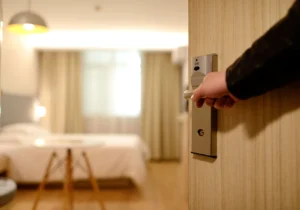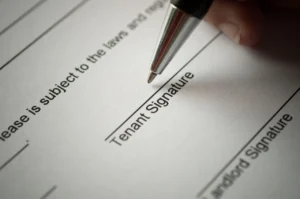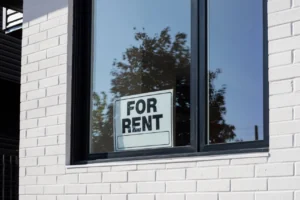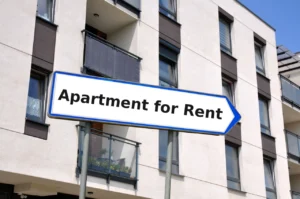Mold Remediation For Landlords
Liability is always a concern for landlords, that’s why most won’t even rent to a new applicant without conducting a proper tenant background check. Thus, it’s easy to understand why the mention of “mold” and “millions” together would give a property owner nightmares. Not only is indoor exposure to mold known to cause respiratory problems and other health issues in some individuals, but mold is everywhere — and because moisture is critical to its ability to grow to elevated levels, something as simple as a leaky pipe could prove costly.
A web search for “mold lawsuits” reveals horror stories, one about a couple ordered to pay nearly $3 million in damages for selling a California home rife with mold. The same search shows that numerous law firms stand ready to sue property owners on behalf of tenants who believe mold made them sick.
While causation is difficult to prove, you as a landlord have enough to do without being tied up in court. And whether there is litigation or not, a prevalence of mold could lead to tenant loss.
For a landlord, mold remediation can save a host of problems. (Document efforts in case of legal proceedings.) just like tenant screening can avoid a host of problems up front.
Mold issues in buildings are a result of water/moisture problems. Mold also needs an organic food source — and many building materials serve that purpose — and high relative humidity. The water source is the easiest factor to control.
As a landlord, the mold problem is not yours alone. Mold can grow in 24 to 48 hours after a water intrusion, so the tenant bears some responsibility for notifying the landlord the mold situation or water leak exists, and for reporting water stains that indicate a leak. Tenants also should use exhaust fans and control humidity. Mold can be hidden in many places, and a landlord generally cannot be held liable unless he or she knew — or should have known — the problem existed.
If the area where mold is growing is small, researching how to clean mold as the landlord and doing the work yourself can save the cost of hiring a mold remediation specialist.
As a landlord, the mold issue is one you must take seriously. Acting quickly and thoroughly can reduce liability risks. The accompanying infographic describes some typical mold situations, steps for mold remediation, and tips to prevent mold.














 Accessibility
Accessibility